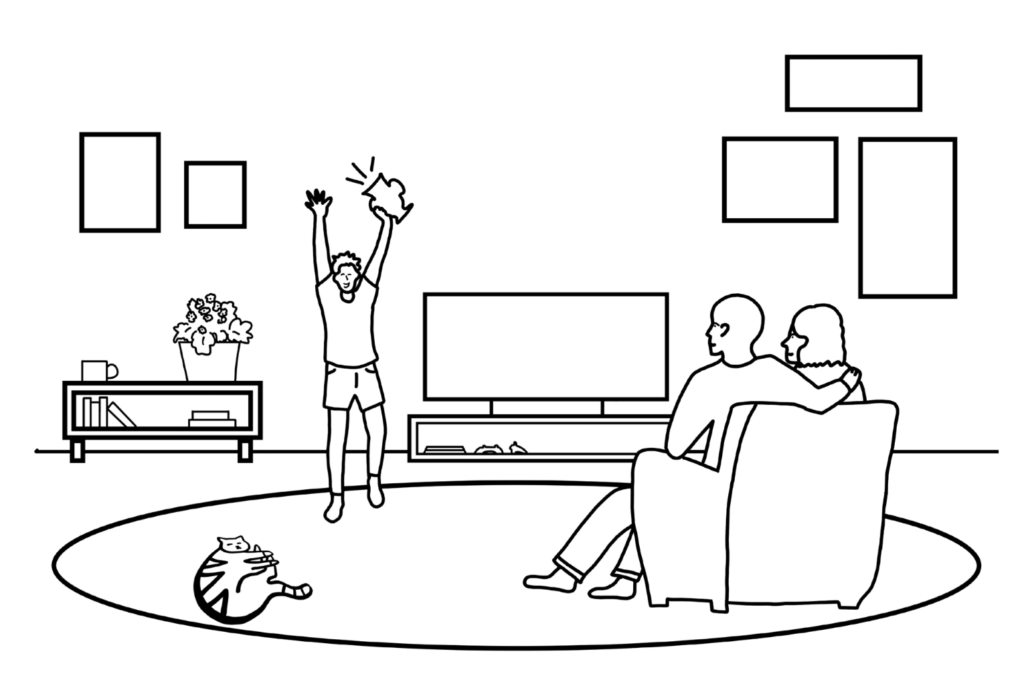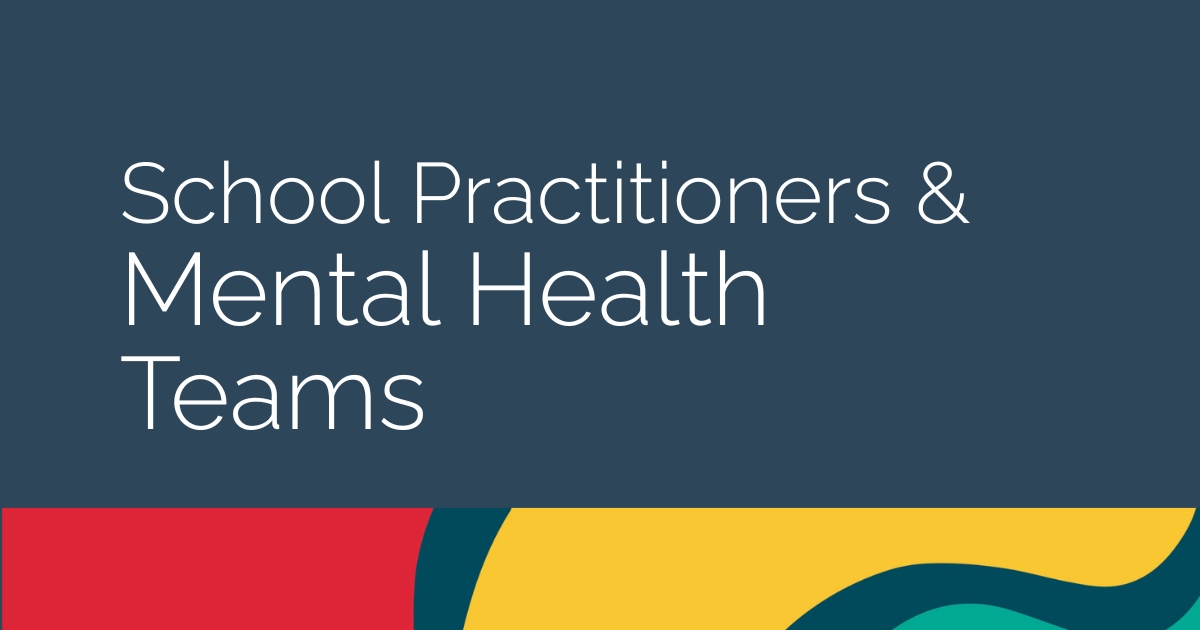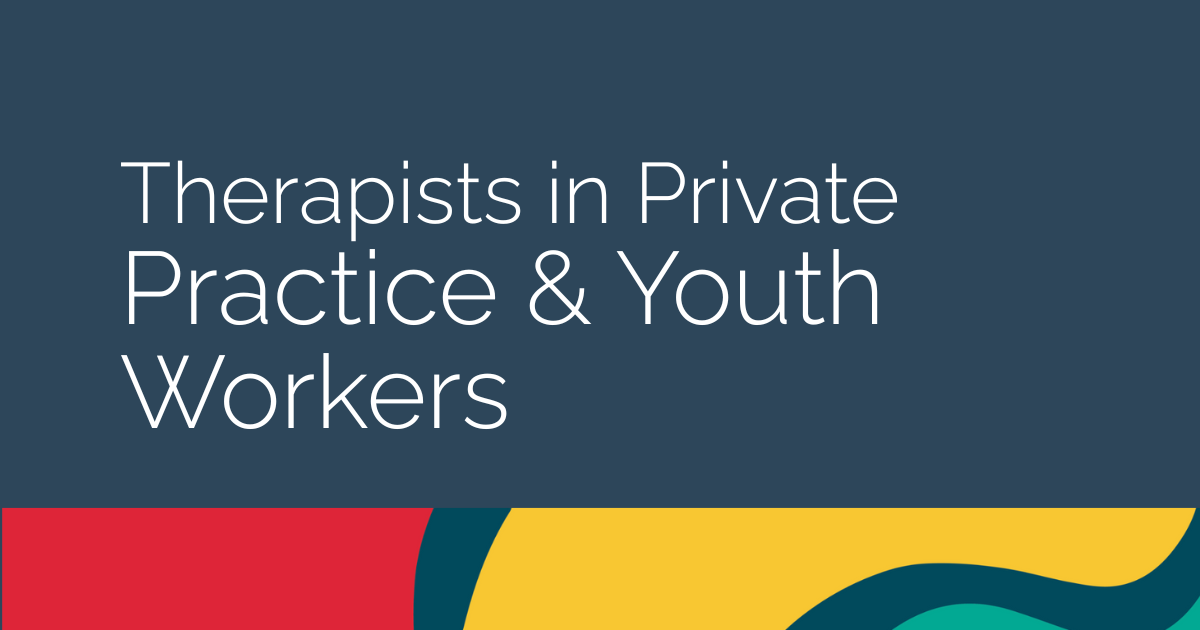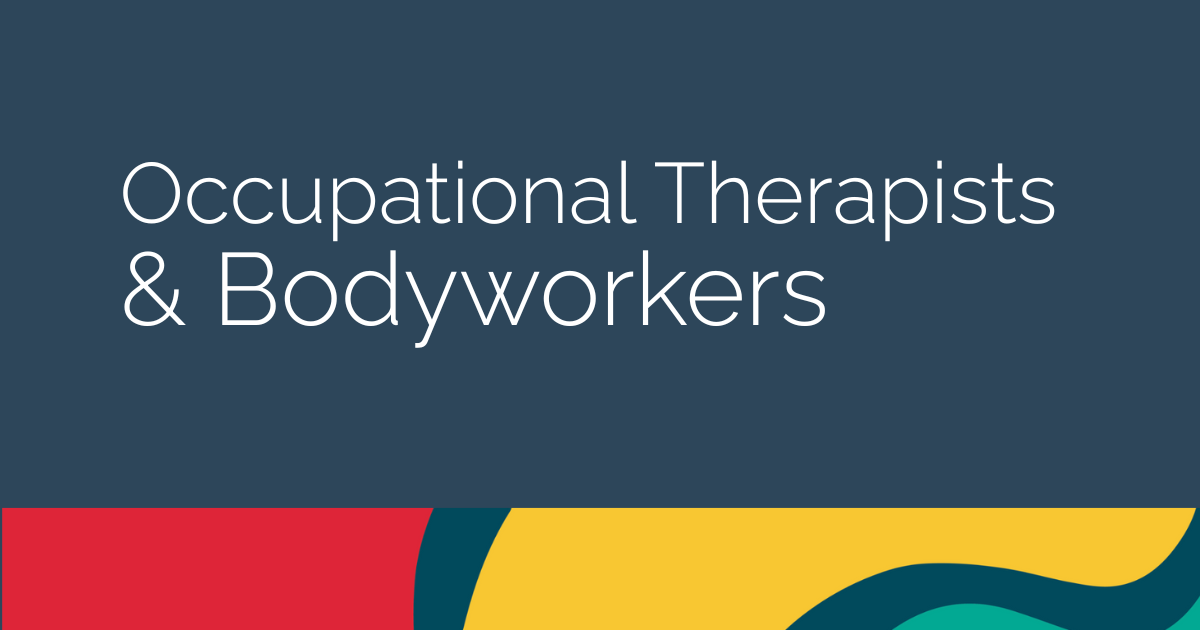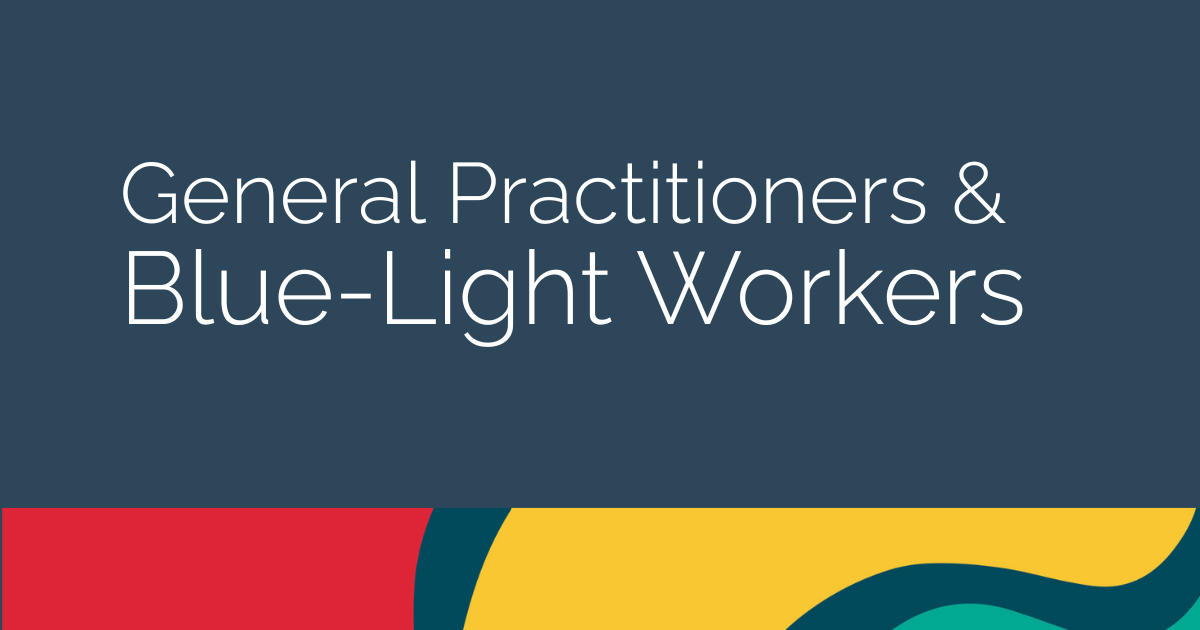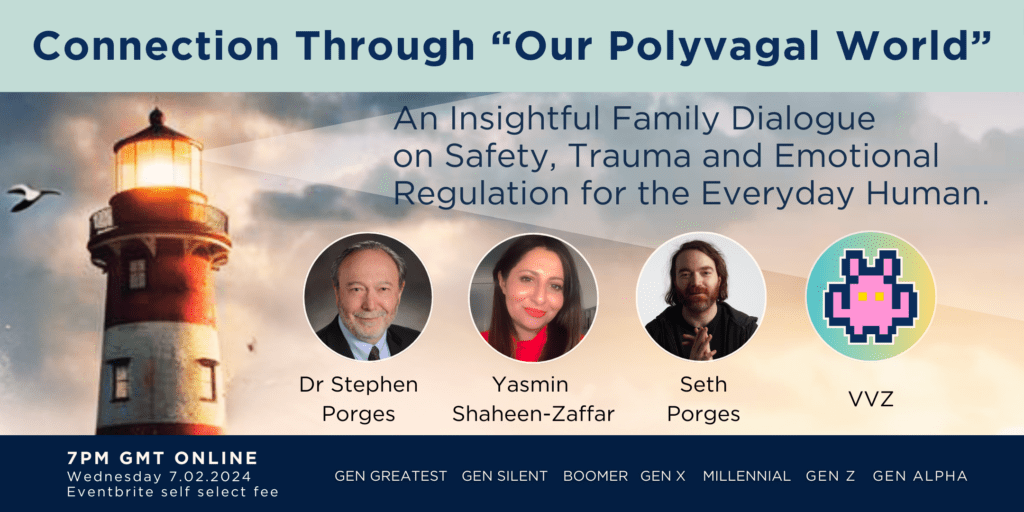Is this you?

- “I need gentle yet quick ways to help a client shift from shutdown or panic to a steady state.”
- “I want language that reduces shame and increases safety.”
- “Families I support need a shared map to talk about feelings and energy.”
- “Breathwork isn’t always tolerated - I need alternatives that respect sensory profiles.”
- “I need session‑ready tools for schools and community settings.”
- “I want a gentle method that works alongside my modality and safeguarding.”

